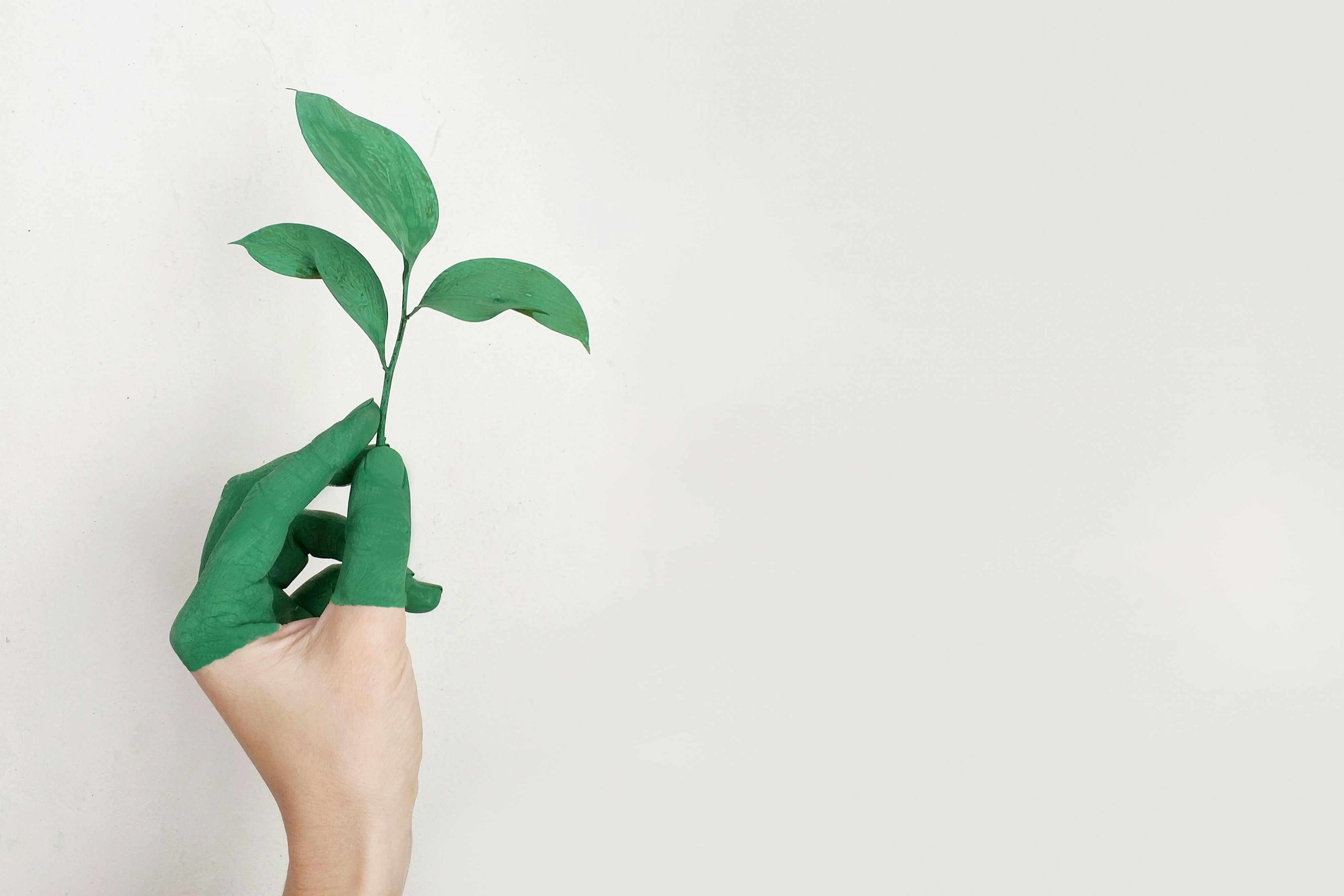Circular Economy - What is that actually?

What is circular economy? Nowadays, we hear all the time about circular economy and environmental sustainability — but what exactly do these terms mean? More and more companies want to look “green”, appear sustainable and promote circular economy models. But let us proceed step by step.
Download now!
According to the definition found on the official website of the European Parliament, thecircular economy is:
“a model of production and consumption that involves sharing, lending, reusing, repairing, refurbishing, and recycling existingmaterials and products for as long as possible.”
In other words, it is an economic model that aims to reduce waste and environmental impact by keeping products, materials, and resources in use for as long as possible. Instead offollowing a linear model of “production, consumption, disposal,” the circular economy promotes sharing, reuse, repair, regeneration, and recycling ofmaterials and products, extending their life cycle and reducing the need to extract new resources. The idea behind the circular economy is to waste as little as possible and consume as few natural resources as possible. It is therefore clear that this model aims to mitigate pollution and fight climate change by reducing CO2 emissions, the manufacture of new plastics, theproduction of new polluting materials, water waste, and the exploitation of natural resources as much as possible.
In essence, the circular economy wascreated primarily as an approach to eco-sustainability. Reducing resource consumption and waste production protects the environment thanks to lower dispersion of pollutants and lower greenhouse gas emissions. In addition, the most immediate economic effect is savings. A company or citizen who reuses or regenerates products spends less on purchases. By analyzing the data and implementing this model, it is easy to see how the circular economy promotes well-being and social cohesion, as well as a cleaner environment with less waste, fewer landfills, and less pollution, which implies an improvement in public health and quality of life for the population.
Within the logic of the circular economy, five different types of business have been identified:
1. Circular supply chains – Use of renewable energies or secondary raw materials (recycled or recyclable).
2. New from old – Processing used materials so that they correspond to the properties of new raw materials and can be reused.
3. Repair models – Repairing instead of throwing away to extend the life of products and avoid unnecessary waste.
4. Sharing – Maximizing product use through sharing, instead of the purely ownership-oriented consumption of the traditional economy.
5. Product-as-a-Service (PaaS) – A company provides not only a product, but also a service to increase efficiency, deliver better results, and avoid waste.
That said, let's now turn to the actual concept of sustainability: as mentioned above, the circular economy is an economic model that aims to reduce waste and maximize the use of resources, in line with the principles of sustainability. In essence, the circular economy seeks to emulate natural cycles, where there is no waste, only resources that are regenerated and reintroduced into the system. This approach promotes environmental sustainability and enables sustainable development in practical terms. Sustainable development is nothing more than an approach that balances economic, social, and environmental aspects to ensure a prosperous future for humanity and the conservation of the natural environment. It is therefore clear that sustainability and the circular economy are two closely related terms and that, in essence, one depends on the other. That said, we come to the crucial point:
Is Neworn a sustainable company? Does it operate within the circular economy?
Well, the answer to both questions is yes! On Neworn, you can easily buy and sell children's clothing, and as weknow, second-hand clothes help reduce pollution. Buying used clothes meansgiving new life to existing garments, avoiding the production of new clothes and thus reducing the environmental impact associated with their manufacture.This includes reducing the use of resources such as water and energy, reducing CO2 emissions and the amount of textile waste. Fast fashion is incredibly harmful to our planet. Promoting second-hand clothing (especially children'sclothing, considering how quickly they grow) means caring about nature,actively taking part in sustainable development, and being a real and tangible part of the circular economy. Buying second-hand clothing means saving money, helping to preserve the environment, and fighting fast fashion.
What too few people know, and what Neworn wants to convey, is that the fast fashion industryis harmful. Incredibly harmful. It is deleterious mainly because of its environmental, social, and economic impacts. In addition to pollution and generating large amounts of waste, the fashion industry also contributes to the exploitation of workers. Researches and investigations have led to clear results: the fast fashion industry tends to exploit its workforce (often composed of minors and women) by underpaying them and making them work long hours. This violates fundamental human and workers' rights. Therefore, Neworn wants to actively and effectively fight an industry that produces countless amounts of waste, exploits natural resources, and exploits its workers. Neworn's partners are Austrian companies that operate transparently in terms of sustainability, paying close attention to labor and resource use. Partnercompanies make their production processes transparent, care about their supply chain, and carefully select their ingredients. In short, Neworn clearly operates within a circular economy model and cares about the environment and sustainability, so when you buy or sell on Neworn, you know you are always makingthe best choice!
Ready for the future of baby fashion?
Download the Neworn app now and become part of our community of sustainable mums and dads





